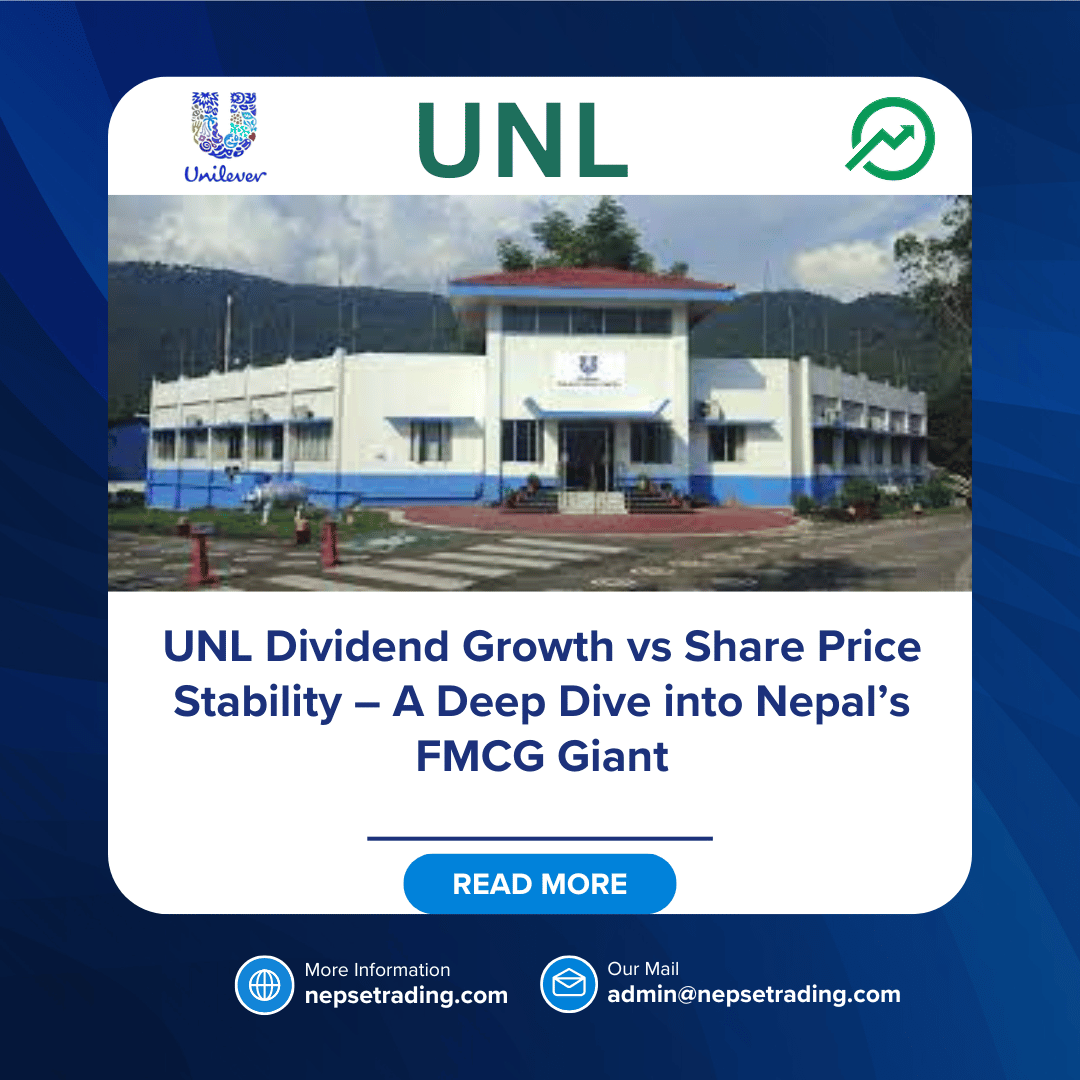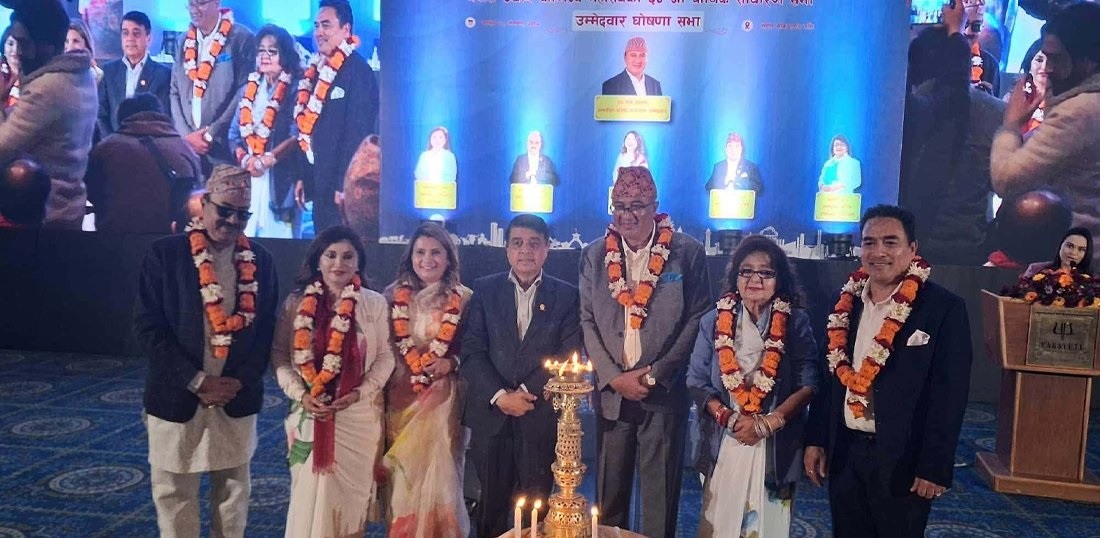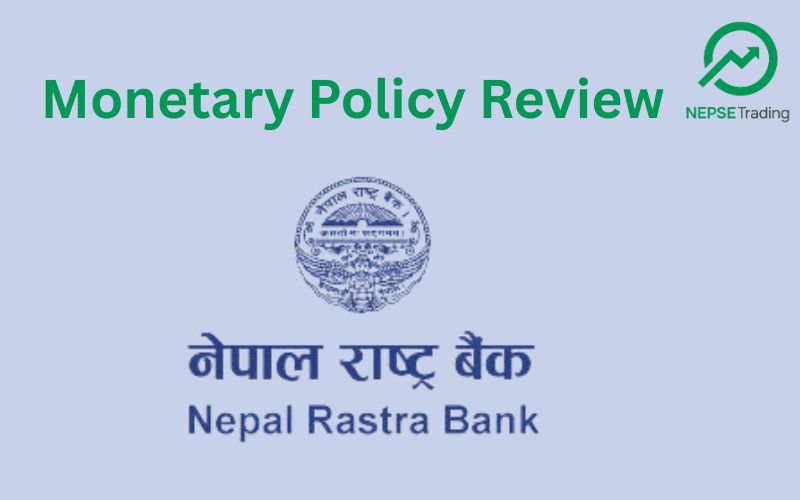By Sandeep Chaudhary
UNL Dividend Growth vs Share Price Stability – A Deep Dive into Nepal’s FMCG Giant

Unilever Nepal Limited (UNL), the crown jewel of Nepal’s manufacturing and consumer goods sector, continues to fascinate investors with its consistent dividend growth and remarkable share price stability. As one of the oldest listed multinational affiliates in Nepal, UNL has built an enviable record of profitability, corporate governance, and investor rewards. Yet, despite record-breaking dividends, its market price remains steady — rarely volatile — reflecting a unique balance between income generation and valuation discipline.
Over the last 13 fiscal years (2069–2082), UNL’s dividend history reads like a case study in consistency. The company started with a 680% cash dividend in FY 2069/70 and has progressively raised it to a record 1842% cash payout in FY 2081/82. Unlike many firms that mix bonus shares and cash, UNL focuses exclusively on cash dividends, signaling robust liquidity and mature business operations. This trajectory not only demonstrates the company’s profit reliability but also its commitment to shareholder value over short-term expansion.
However, what makes UNL truly exceptional is that its share price remains remarkably stable, even during volatile market phases. While NEPSE’s overall index fluctuated between 1,800 and 2,800 points in recent years, UNL’s price has consistently hovered between Rs. 45,000 and Rs. 50,000. This calmness in price action reflects its investor base — primarily long-term, institutional, and conservative investors who value dividends and stability over speculative returns. The stock behaves more like a “dividend bond with equity upside” than a volatile trading asset.
From a valuation perspective, UNL trades at a P/E ratio of around 23 and a P/B ratio exceeding 8.5, with an EPS near Rs. 2,100 and book value around Rs. 5,600. These figures show that investors are willing to pay a significant premium for consistency, governance, and brand strength. The dividend yield, despite massive payouts, sits around 3.6–4%, since the price itself remains elevated. This reflects the paradox of UNL: high cash returns, yet a high valuation — because investors are buying certainty, not speculation.
The driving force behind this stability is UNL’s FMCG (Fast-Moving Consumer Goods) dominance. Its portfolio — including Lux, Sunsilk, Dove, Pepsodent, Wheel, and Surf Excel — captures a vast portion of household consumption. The company’s revenues are steady even in economic downturns, as its products are necessities, not luxuries. Combined with lean operations, zero debt, and strong management discipline, this makes UNL a model of resilience and predictability in Nepal’s corporate landscape.
In essence, Unilever Nepal’s success story is about steady wealth creation, not rapid speculation. Its dividend growth proves profitability, while its stable share price signifies investor trust. For income-oriented investors, UNL represents long-term financial safety; for the market as a whole, it symbolizes what a mature, well-governed enterprise can achieve in Nepal’s emerging economy.









